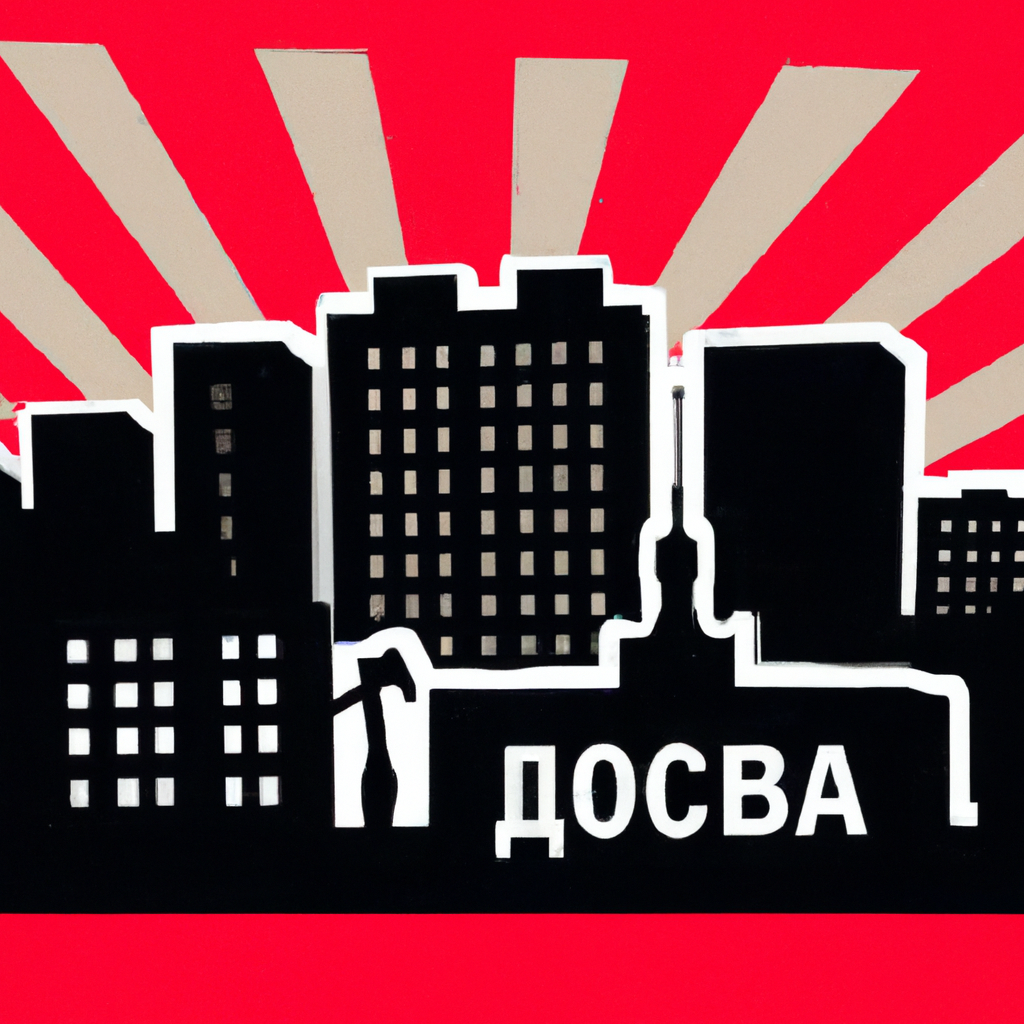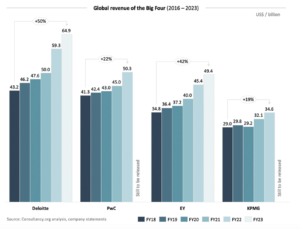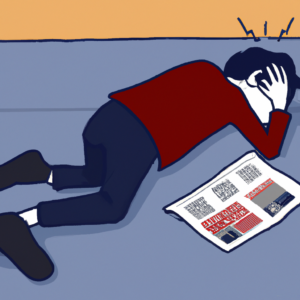Economic isolation from the West is wreaking havoc on Russia’s economy
Exploring the negative impact of Russia’s isolation from the West

Russia’s isolation from the West is having negative consequences for the long-term health of its economy. Trade isolation limits Russia’s ability to import goods, leading to higher production costs. This is compounded by the fact that Russia’s isolation is diminishing its status as an energy superpower, as its energy exports have historically been a major source of revenue and political influence.
The ongoing conflict with Ukraine and the resulting sanctions from Western countries have significantly contributed to Russia’s isolation. The country’s annexation of Crimea in 2014 and its involvement in the ongoing conflict in eastern Ukraine have led to a significant deterioration in relations with the West. The longer the conflict continues, the more difficult it will be for Russia to overcome its isolation and rebuild its economic and political connections. Despite efforts to strengthen economic ties with other countries, such as China and India, these have not yet been able to fully compensate for the loss of its relationship with the West.
There have been significant shifts towards the use of the yuan in Russia, as indicated by the Moscow Exchange reporting that the share of the yuan in the Russian currency market is now between 40% and 45%, compared to less than 1% at the start of the year. Reuters has also reported that yuan-ruble trading in October was more than 80 times the level in February. This shift is likely due to ongoing tensions with the West, particularly the United States, and the use of the yuan may allow Russia to reduce its reliance on the US-dominated financial system and decrease its vulnerability to sanctions. The increasing adoption of the yuan in Russia is also a sign of growing economic ties between the two countries, with China already being Russia’s largest trading partner.
The rapid growth of the yuan’s share in the Russian currency market highlights the changing nature of the global financial system and the increasing influence of China in the international arena. However, Russia’s currency, the ruble, has been struggling and the central bank has intervened in an attempt to stabilize it, though it remains vulnerable to economic and political developments.
Russia has officially entered a technical recession, as its GDP fell 4% on-year in the third quarter of 2022, marking the second straight quarterly decline. Top Russian central banker Elvira Nabiullina has acknowledged that the situation could worsen due to various economic factors, including a decline in oil prices and ongoing sanctions from Western countries in response to the conflict with Ukraine. The economic downturn is a concern for Russia’s government, as it puts pressure on the country’s already strained budget, and for ordinary Russians, as it may lead to job losses and reduced living standards. Despite government efforts to stimulate the economy through tax cuts and increased infrastructure spending, these have so far been insufficient to reverse the downward trend.



